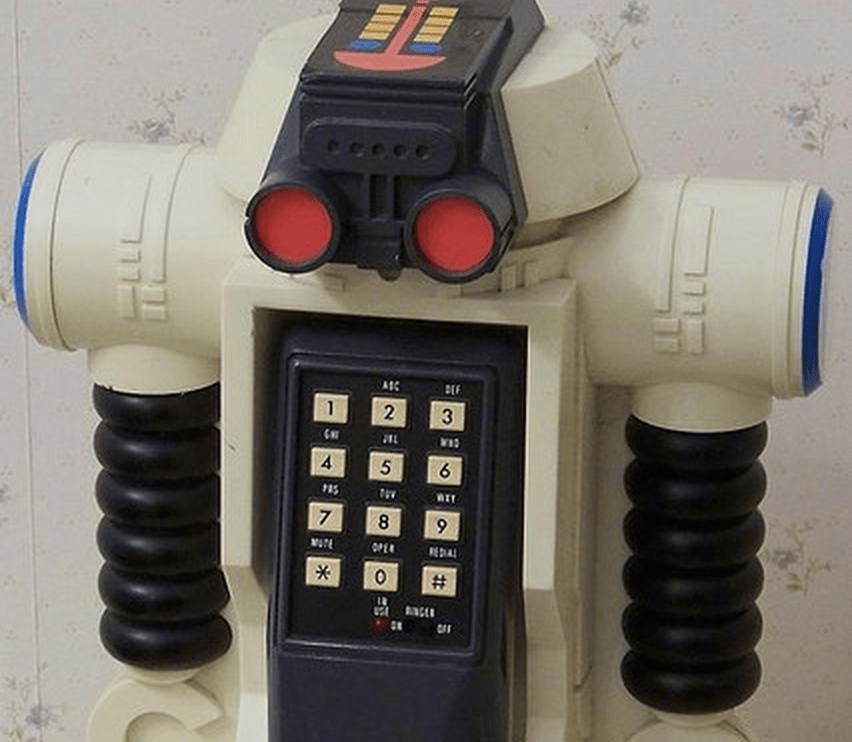Federal law currently prohibits most non-emergency robocalls to cellphones unless the recipient has given their prior express consent to receive auto-dialed calls. But amid the battle over the federal budget, someone has slipped in some language to the budget bill currently before Congress that would exempt government debt collectors from this law.
Section 301 of the proposed legislation [PDF, starting on p. 10] would amend the Communications Act, which prohibits robocalls “to any telephone number assigned to a… cellular telephone service… or any service for which the called party is charged for the call,” by adding the loophole of “unless such call is made solely to collect a debt owed to or guaranteed by the United States.”
If passed, the FCC would have nine months to enact this rule change, meaning anyone who may have missed a federal student loan payment, have a federal tax issue, a problem with their home loan through the FHA could be receiving nuisance, automated calls as soon as next summer.
Robocalls are among the most complained-about issues for the FCC, which is currently going through the process of trying limit these annoying intrusions. In 2014 alone, the Commission received some 215,000 gripes from consumers about automated calls — and think of all the people who couldn’t be bothered to go through the red tape of actually filing a complaint.
“Giving one of the most abusive industries in the U.S. free rein to inundate people with robo-calls to their cellphones is a terrible idea,” said Margot Saunders, Of Counsel to the National Consumer Law Center. “Cellphone calls can distract people while driving, interrupt them at their jobs, and needlessly impose a cost on struggling families by using up scarce minutes. Debt collectors regularly call land lines to harass and threaten friends, family, and even strangers with similar names to the debtor. No one will be safe from receiving abusive calls on their cell phones if this provision goes through.”
If you want to tell lawmakers how you feel about this issue, our colleagues at Consumers Union have put together this form that identifies your relevant members of Congress and allows you to easily send them a message expressing your concerns.
Additionally, GovTrack.us has a list of all members of Congress with links to each of their sites.
Editor's Note: This article originally appeared on Consumerist.

















